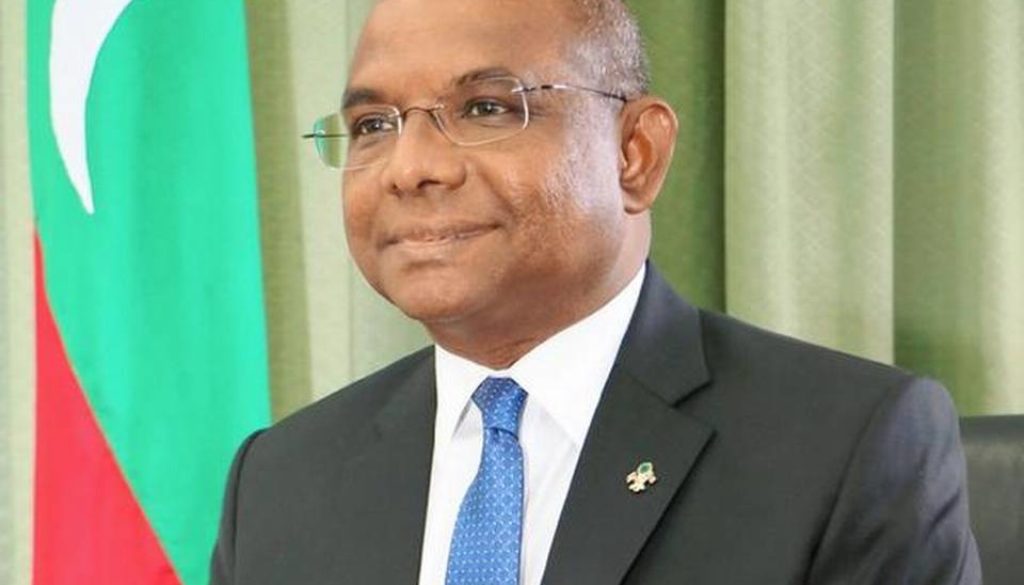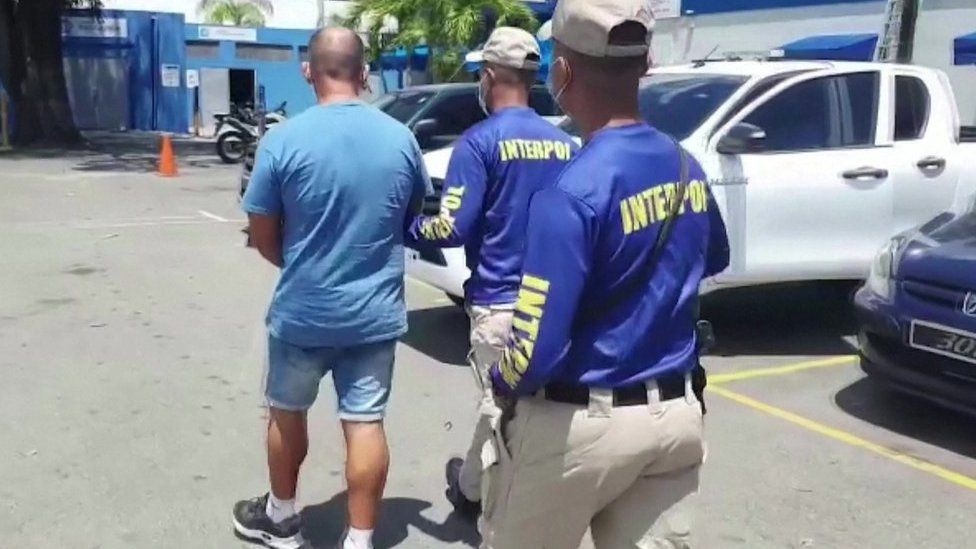The Organisation of Eastern Caribbean States (OECS) has given its support to member states in the upcoming World Trade Organization (WTO) negotiations; to put a stop to damaging fisheries grants.
Alongside, the International Institute for Sustainable Development (IISD) and the Pew Charitable Trusts (Pew); the OECS Commission will host a workshop focused on WTO Fisheries Subsidies Negotiations
The workshop aimed at Fisheries, Senior Trade, Maritime, Foreign Affairs and relevant member state officials, will take place on 24-25 February 2021.
Members of WTO have been given the instruction to come to a consensus that will put an end to damaging fisheries subsidies. This will be carried out before the next meeting held by Ministerial Conference, the Organization’s head decision-taking group.
Their next meeting is due to take place by the end of 2021 and will see the fisheries subsidies online (due to current covid travel and further restrictions).
The fisheries subsidies directive collaborates with the United Nations Sustainable Development Goal (SDG) to enable the WTO come to an agreement to stop damaging fisheries grants. Their main objectives include:
Updating OECS Member States on the status of the WTO fisheries grants negotiations;
Understanding the extent of global and OECS subsidies spending;
Analysing the current draft fisheries subsidies negotiating text;
Deep diving into the areas of contention in the text for the OECS;
Understanding how a strong subsidies agreement can be used to advance OECS fisheries sustainability goals.
There will also be a keynote speech from Ambassador Santiago Wills of Colombia who is also the Chair of the WTO Fisheries Subsidies Negotiations.
Other speakers include Jacqueline Emmanuel-Flood, from the commission who is their Director of the Economic and Regional Integration. She will also be joined by representatives from Pew and the IISD.
The Workshop will also deliver expert insight and analysis from members of the World Bank, Pew, OECS Geneva Mission, IISD, United Nations Conference on Trade and Development (UNCTAD), CARICOM Secretariat, and other international and regional partners.
According to H.E. Ambassador Stephen Fevrier at the OECS Geneva Mission:
“The fisheries sector plays an important role in the economies of OECS Member States, providing both full-time, part-time and seasonal employment, contributing significantly both to domestic food security and national Gross Domestic Product (GDP). In this context, it is important to build knowledge, institutional and other capacities among OECS Member States to ensure that we are well-positioned to secure a favorable outcome in the WTO fisheries subsidies negotiations. Such an outcome will allow us to meet the goal of sustainability of our fisheries resources, while also providing the necessary policy space to further develop the sector commercially.


